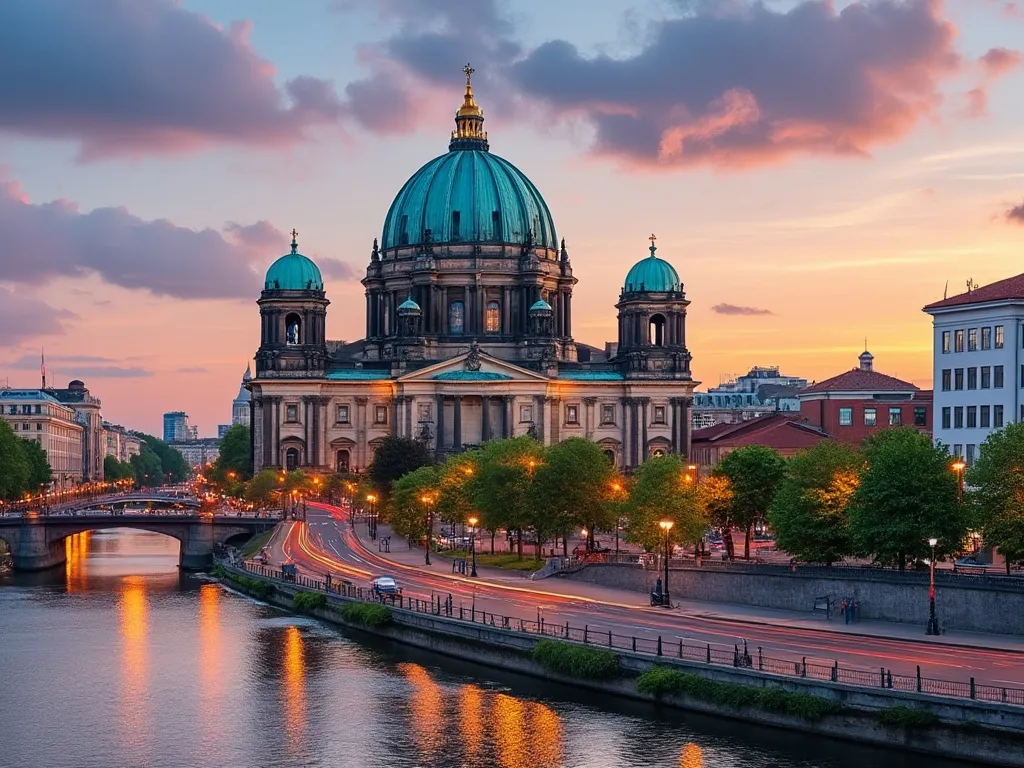
Berlin, the capital of Germany, is a city with a rich history, vibrant culture, and stunning architecture. Located in the northeastern part of the country, Berlin has been an important center of politics, art, and entertainment for centuries.
Berlin Information
| Country | 🇩🇪 Germany |
| Population | approximately 6 million |
| Coordinates | 52.5200° N, 13.4050° E |
| Area | 892 km² (344 sq mi) |
| Climate | Temperate seasonal climate |
| Language | German |
| Currency | Euro (€) |
| Time zone | CET (UTC+1), Summer (DST): CEST (UTC+2) |
| Proximity to other major cities | Berlin is situated approximately 70 km (43 mi) west of the Polish border, 130 km (80 mi) northwest of Dresden, and 280 km (170 mi) northwest of Prague |
Historical Background of Berlin
Berlin has a complex and fascinating history, dating back to the 13th century. The city has been a major hub of trade, culture, and politics, and has been influenced by various empires and regimes, including the Kingdom of Prussia, the German Empire, the Weimar Republic, and the Nazi regime. Berlin was also a key location during the Cold War, with the city divided into East and West Berlin by the Berlin Wall.
Geographical Location of Berlin
Berlin is situated in the northeastern part of Germany, approximately 70 km (43 mi) west of the Polish border. The city is surrounded by the states of Brandenburg and Mecklenburg-Vorpommern. Berlin's terrain is generally flat, with a few small hills and lakes. The city is crossed by the River Spree, which played a significant role in its early development.
Cultural Significance of Berlin
Berlin is known for its rich cultural scene, which includes numerous museums, galleries, theaters, and music venues. The city is home to many world-renowned institutions, such as the Berlin Philharmonie, the German Opera, and the Berlin State Museums. Berlin is also famous for its vibrant nightlife, with a wide range of bars, clubs, and restaurants to suit every taste.
Economic Importance of Berlin
Berlin is an important economic hub in Germany and Europe. The city is home to many major companies, including Siemens, Deutsche Telekom, and Axel Springer. Berlin is also a significant center for startups and entrepreneurship, with a thriving tech scene. The city is also an important location for international trade, with its airport and transport links making it a key gateway to Eastern Europe and beyond.
Interesting Facts About Berlin
- Berlin is home to more than 170 museums and galleries.
- The city has more bridges than Venice, with over 900 bridges crossing its waterways.
- Berlin is home to the largest university in Germany, the Humboldt University of Berlin.
- The city has a thriving arts scene, with numerous street artists and graffiti covering its buildings.
- Berlin is famous for its Christmas markets, which attract millions of visitors each year.
Tourist Attractions in Berlin
- The Berlin Wall Memorial: a museum and memorial to the division of Berlin during the Cold War.
- The Brandenburg Gate: an iconic symbol of Berlin and one of the city's most famous landmarks.
- The Museum Island: a UNESCO World Heritage site and home to five of Berlin's most important museums.
- The Berlin Cathedral: a stunning example of late 19th-century architecture and one of the city's most recognizable landmarks.
- The Kreuzberg neighborhood: a vibrant and eclectic area known for its street art, independent shops, and multicultural atmosphere.
Conclusion on Berlin
In conclusion, Berlin is a city with a rich history, vibrant culture, and stunning architecture. From its complex past to its modern-day attractions, Berlin has something to offer for every visitor. Whether you're interested in history, art, culture, or entertainment, Berlin is a city that will leave you inspired and eager to return.
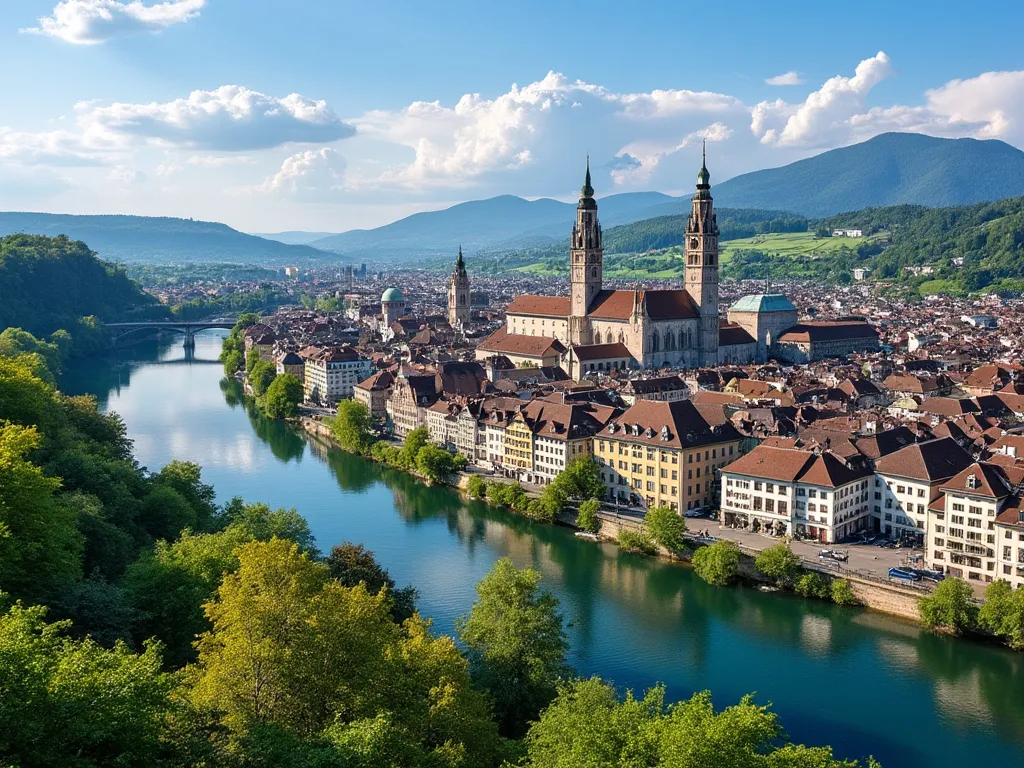 Bern
Bern
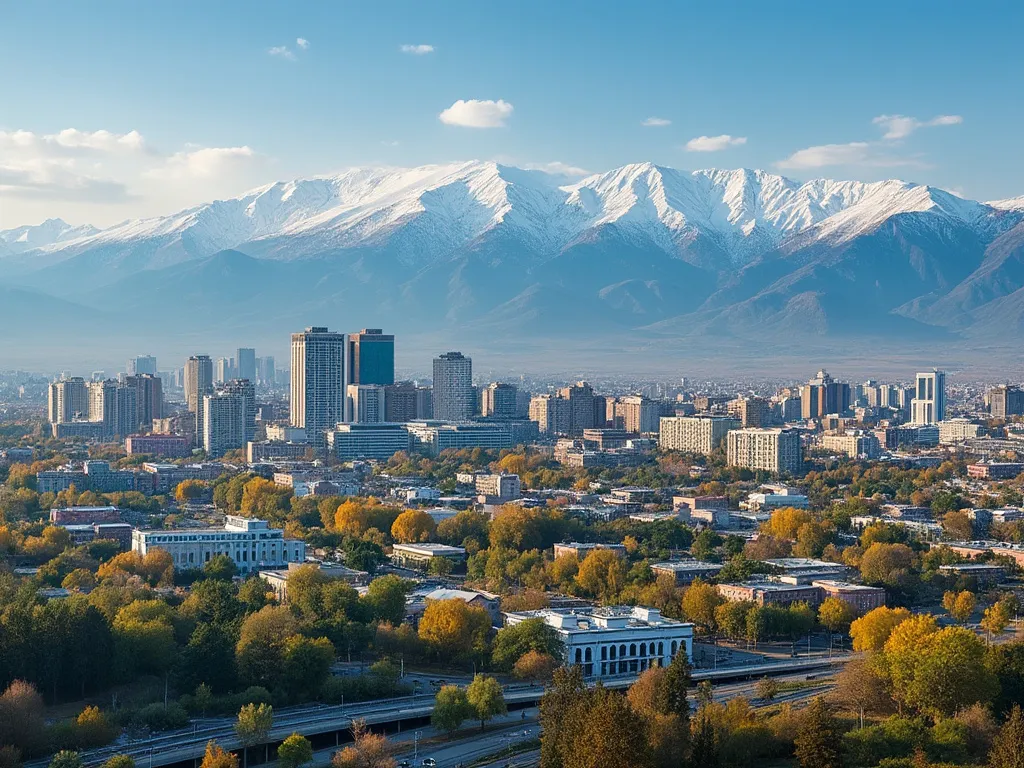 Bishkek
Bishkek
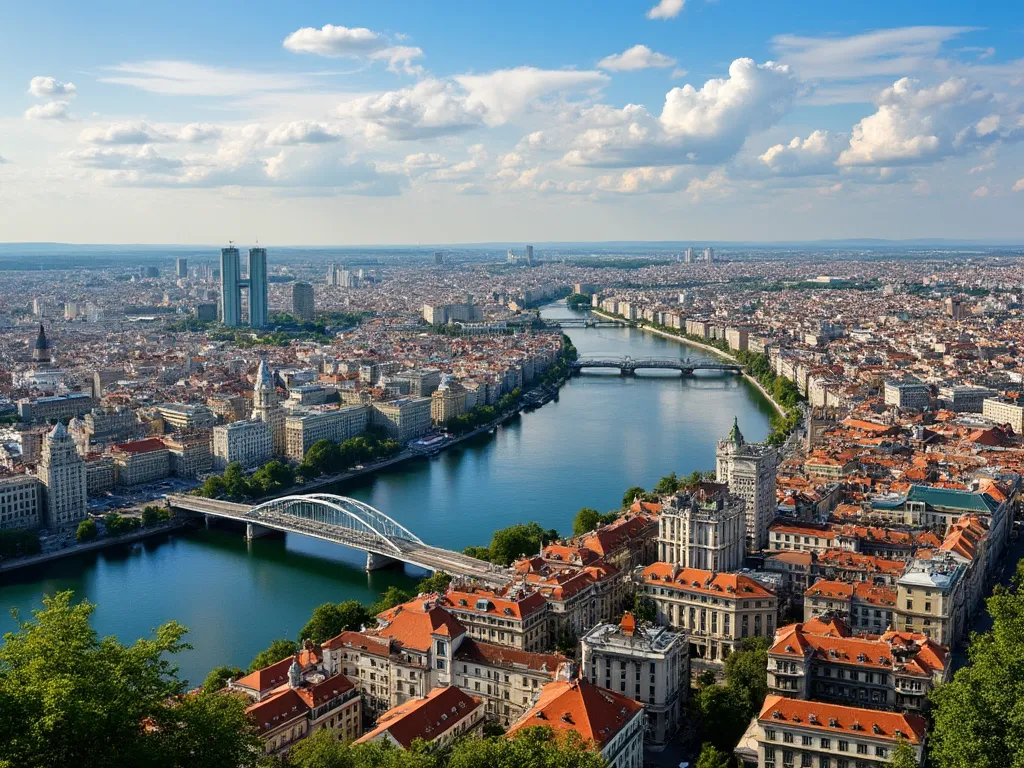 Belgrade
Belgrade
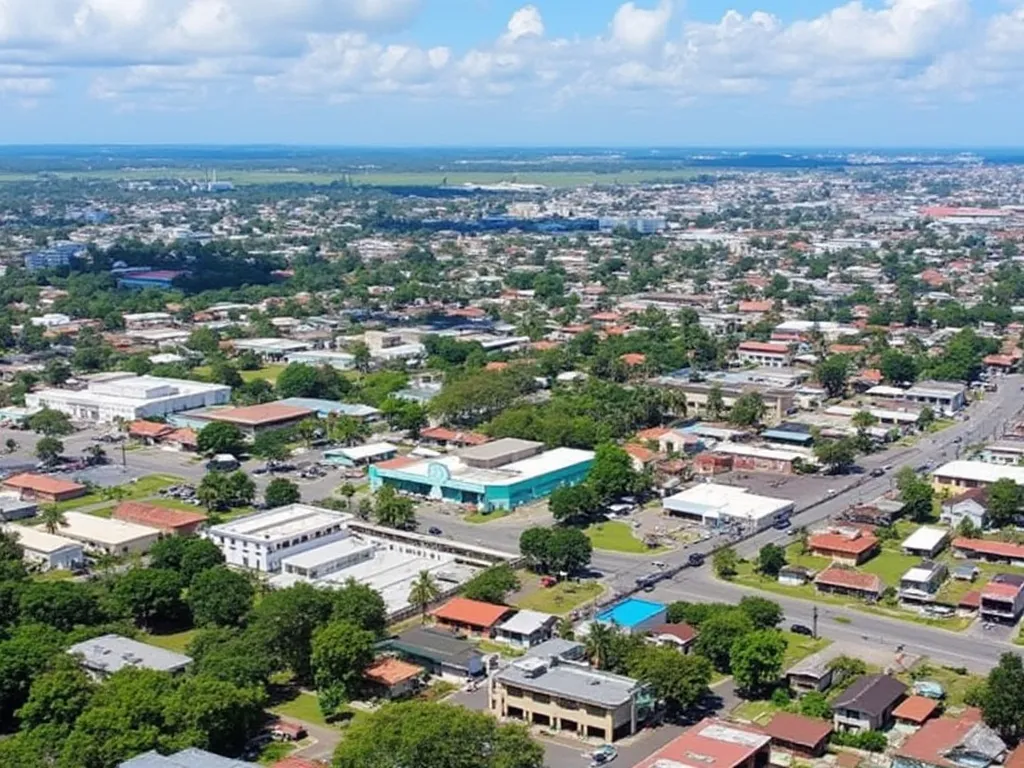 Belmopan
Belmopan